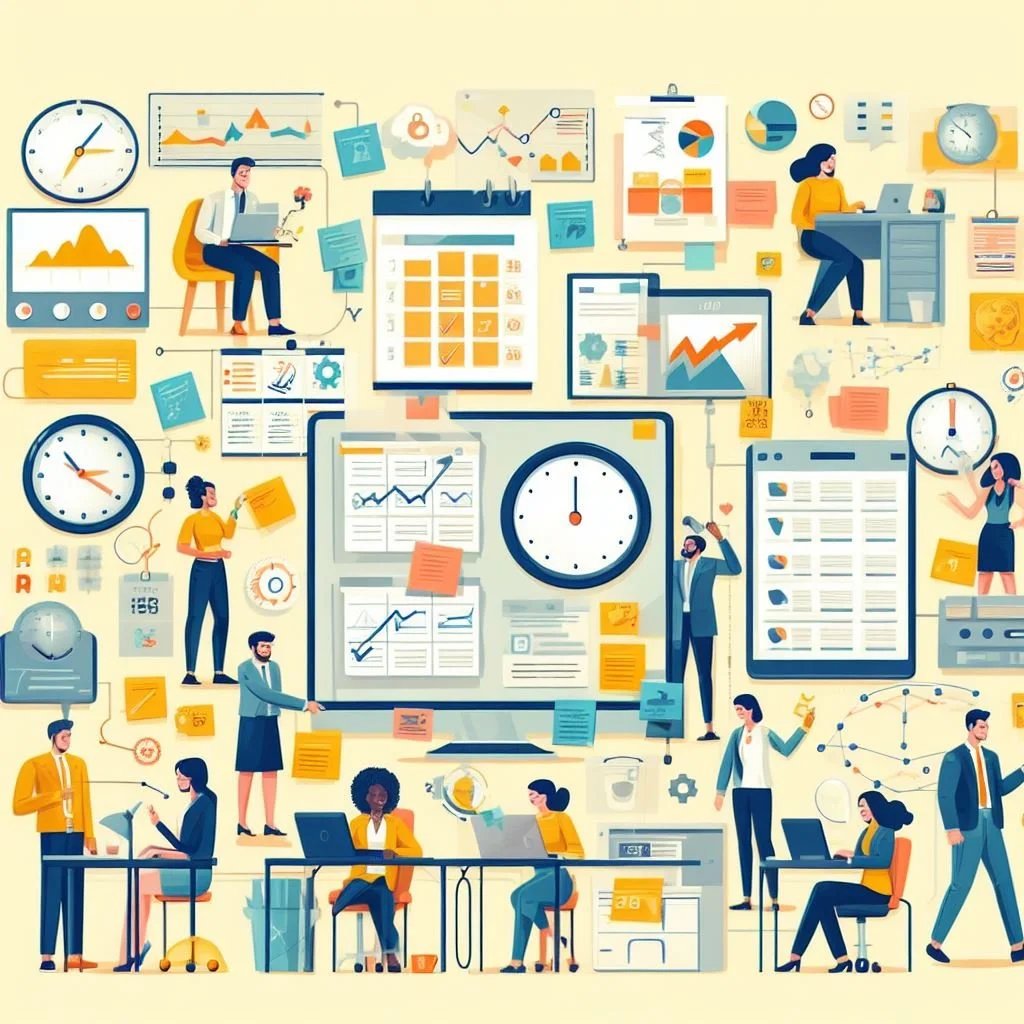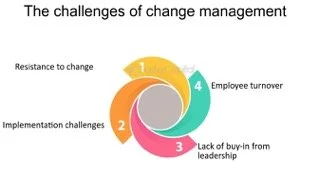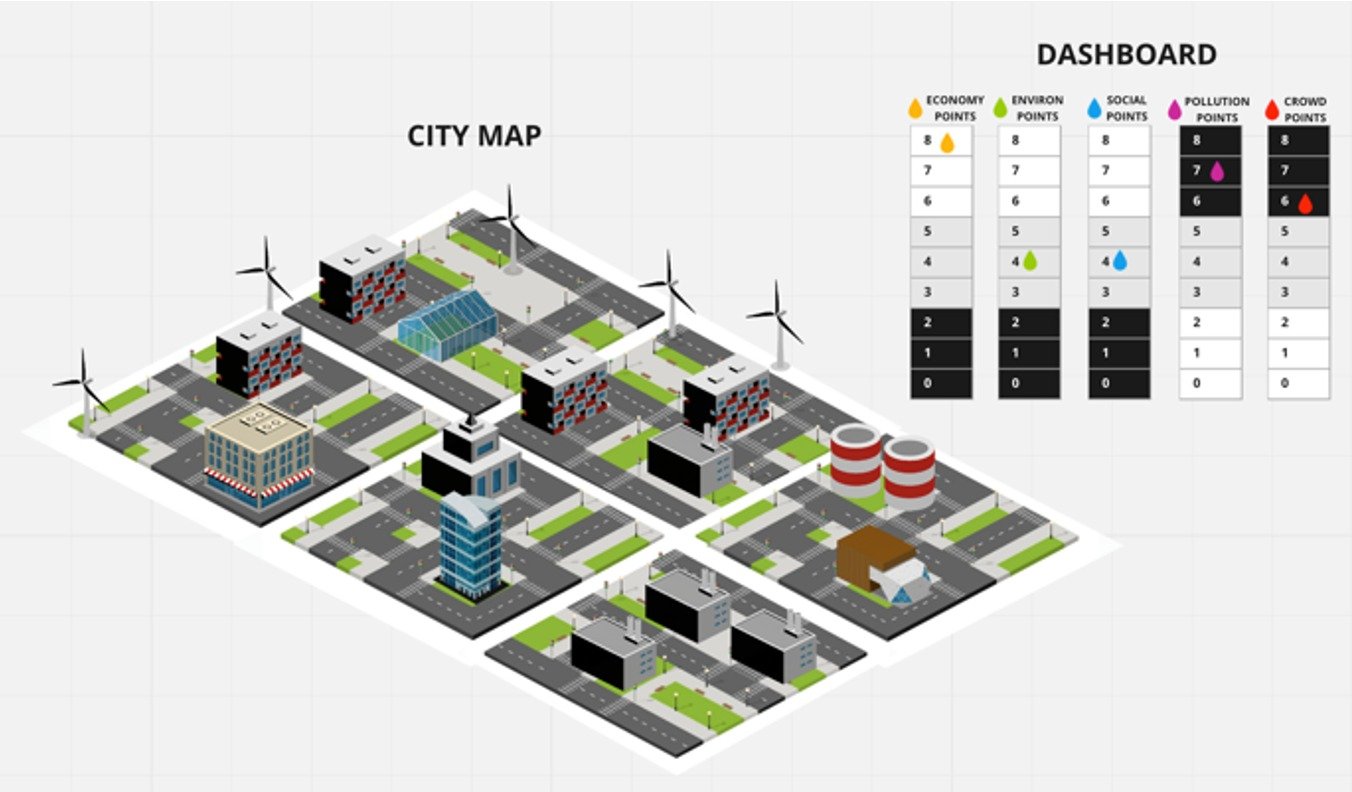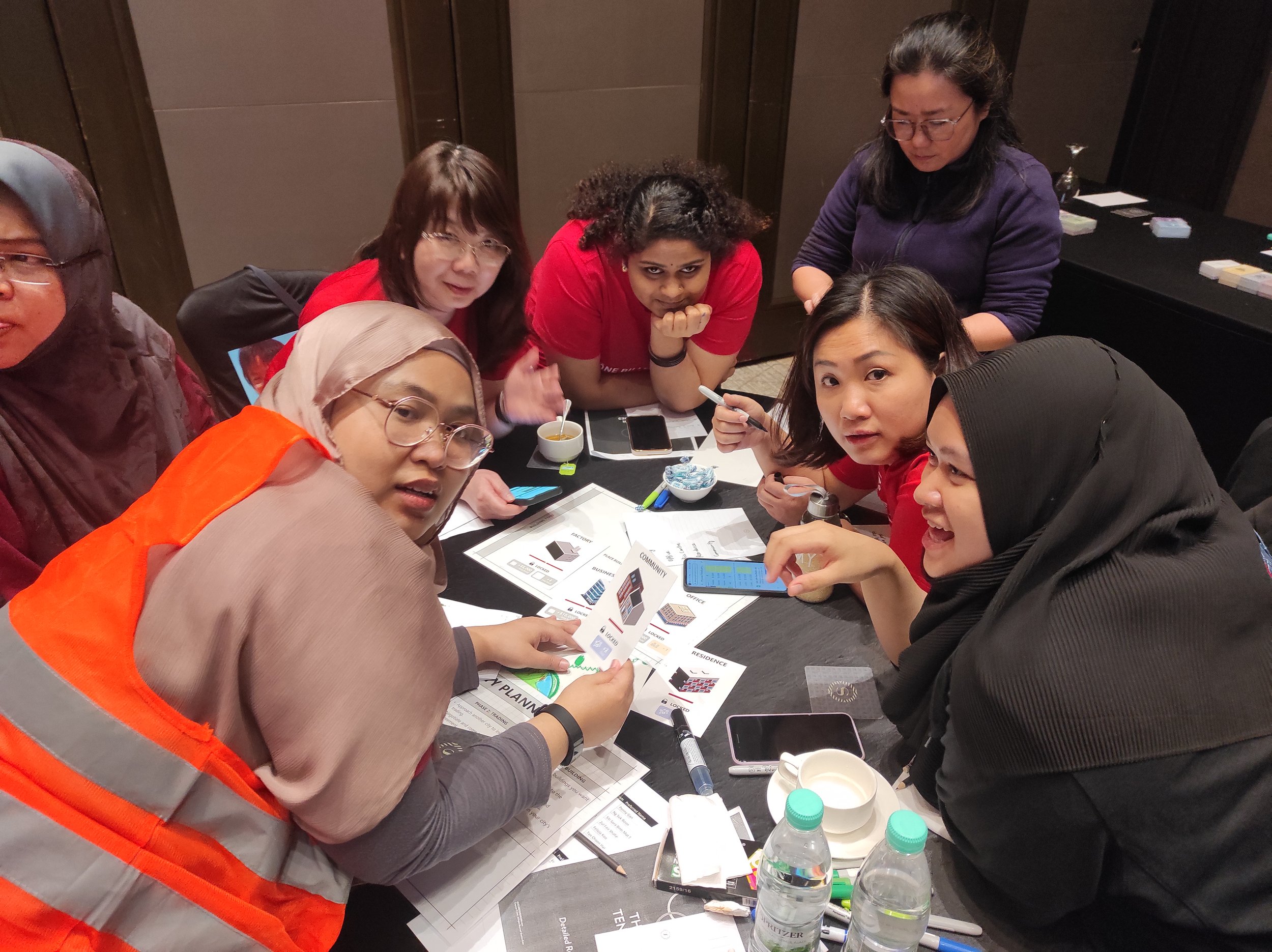Written by: Raveena Elizabeth (Marketing Lead)
Strategic L&D in Times of Change: How Think Codex Can Accelerate Your Success
Companies across industries are facing unprecedented economic challenges. Layoffs, budget cuts, and shifting priorities can make focusing on long-term resilience difficult. However, neglecting the development of a skilled and adaptable workforce during these times carries significant risks.
This is where Think Codex, a leading provider of game-based L&D solutions, can help. We transform how organizations approach change, leadership, and team dynamics, empowering your people to navigate uncertainty and drive success.
Pain Point 1: The Challenge of Change Management
Credit infographic of the challenges of change management: Faster Capital
Restructuring and downsizing place immense pressure on employees. To thrive, they need adaptability, strong communication, and the ability to collaborate effectively across newly formed teams.
Think Codex's change management simulations immerse employees in real-world scenarios, developing the problem-solving skills and resilience needed during periods of flux. To learn more about our approach to change management, check out our ThinkAdapt blog post
Pain Point 2: Internal Hiring – Where Think Codex Fits
Sime Darby’s employees are immersed in a Think Codex’s leadership development simulation, collaborating and problem-solving.
Understandably, many companies are prioritizing internal promotions and upskilling. Think Codex accelerates this process with targeted leadership development programs designed specifically for MNCs. We bridge the gap between current skills and new roles, building a pipeline of capable leaders ready to step up with confidence.
Additionally, our team-building simulations foster the cross-functional collaboration essential for a smooth post-restructuring transition.
The Think Codex Advantage
Engagement and Impact: Our game-based approach drives higher engagement and knowledge retention compared to traditional training methods.
Flexibility: Choose physical sessions for high-impact team experiences or explore our virtual solutions for scalable, remote L&D.
MNC Expertise: We understand the unique needs of MNCs and conglomerates, offering tailored programs across diverse industries like banking, FMCG, oil & gas, and more.
Call to Action
Ready to transform L&D into a strategic driver of resilience? Explore Think Codex solutions. Request a demo to see our simulations in action. For further L&D strategies that can complement our solutions, check out our blog post: 5 Strategic Steps To Align Your L&D With Business Success.
